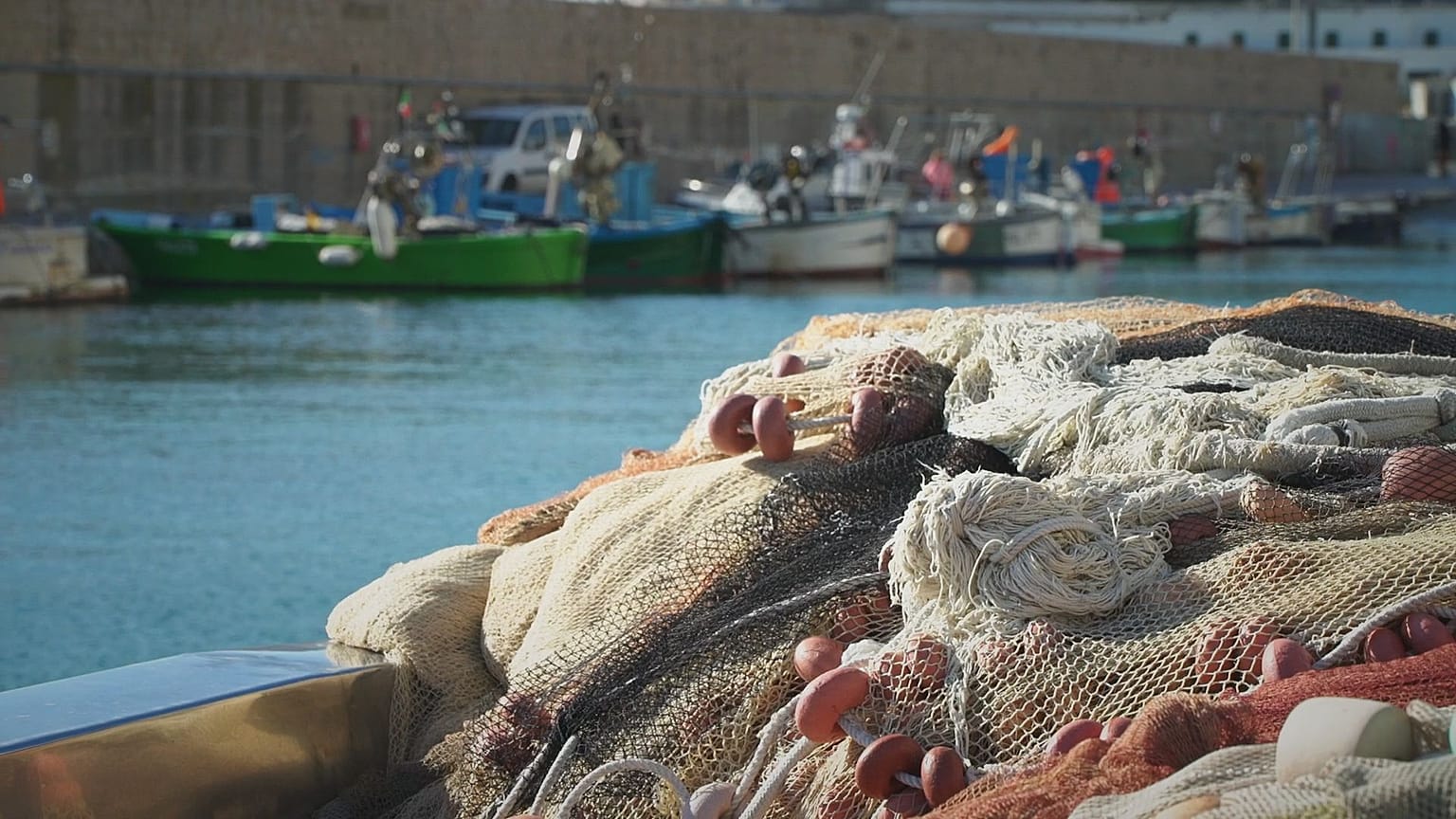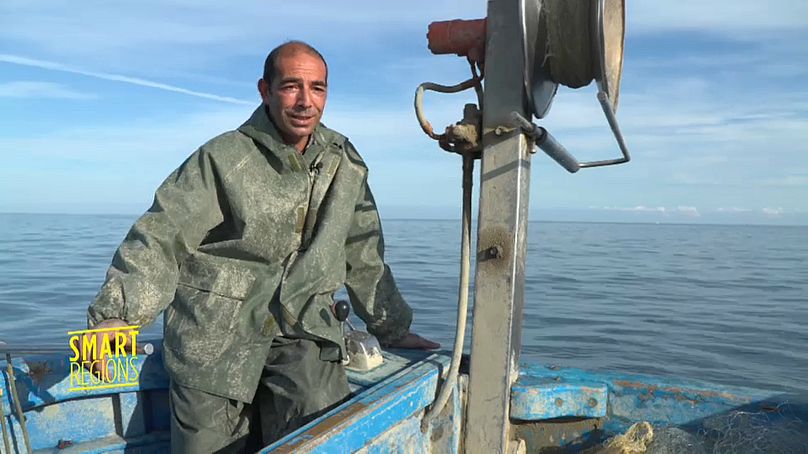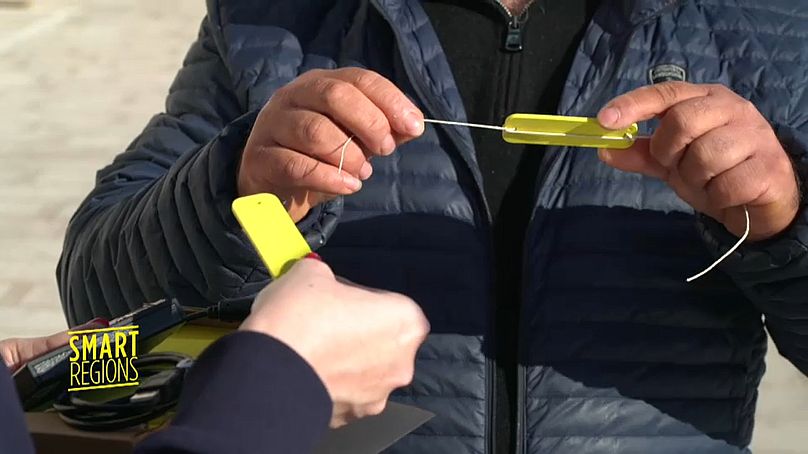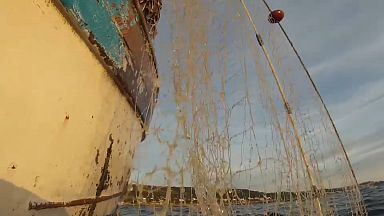Adrinet is a EU Cohesion Policy funded initiative that is helping to remove 'ghost nets' from seabeds in the Meditteranean. Its goal is to protect marine ecosystems and educate about the dangers of plastic pollution in the sea.
Sea is synonymous for work in Castro, a small port in Italy’s Puglia region. But fishing nets no longer bring in the fish they used to. As well as rising sea temperatures and intensive fishing putting pressure on marine ecosystems, so too are macro and micro plastics. Much of this pollution comes from so-called "ghost nets", lost fishing nets lying on the bottom of the Adriatic Sea.
A European project to protect marine ecosystems
Adrinet is a European project trying to put an end to the harm caused by these abandoned nets. Both professional fishermen and divers are taking part in this scheme to protect the seas and their workplace.
Antonio Schifano is an Italian fisherman. He says that lost plastic nets are "the cause of the pollution on the seabed". He describes this pollution as not just bad for fishermen but "for everyone because we are going to eat contaminated fish that have eaten the plastic from these nets.”
Italy is coordinating the Adrinet project. Albania and Montenegro, two countries aspiring to join the EU, are also taking part. The three deal with the governance and risk management of their marine ecosystems and they are all facing the same challenges.
Adrinet’s total budget is just over 1 million euros, 85% of which is financed by the European cohesion policy and the remaining 15% by the three participating countries.
Adrinet is giving technological and scientific know-how to fishermen. 180 have already received training, some even at the port in Castro.
Technology for ecology
Thanks to a radio-frequency system, microchips can be put on the nets and they make it possible to locate them if and when they are lost. This helps them to be recovered quickly.
Elisabetta Bonerba, a project leader at Adrinet, says that "traceability makes it possible for fishermen to be responsible for their equipment. It also helps the authorities find those responsible for any abandoned nets at sea".
Projects like Adrinet have been welcomed by the Italian coastguard because one of their tasks is also to recover lost fishing nets. They are currently in the process of establishing a map of these abandoned nets. In one year, they have recovered 6 tons of lost fishing nets.
Pietro Vicedomini, General Commander at the Italian Coast Guard says that if you do the sums, "six tons is about 200 thousand plastic bottles on the seabed". Luckily the Coast Guard is aided in its work by fishermen "who provide us with the coordinates of where the nets can be found".
So far the Adrinet project has helped clean the seabed in the waters of the three participating countries in over 32 ways.


















